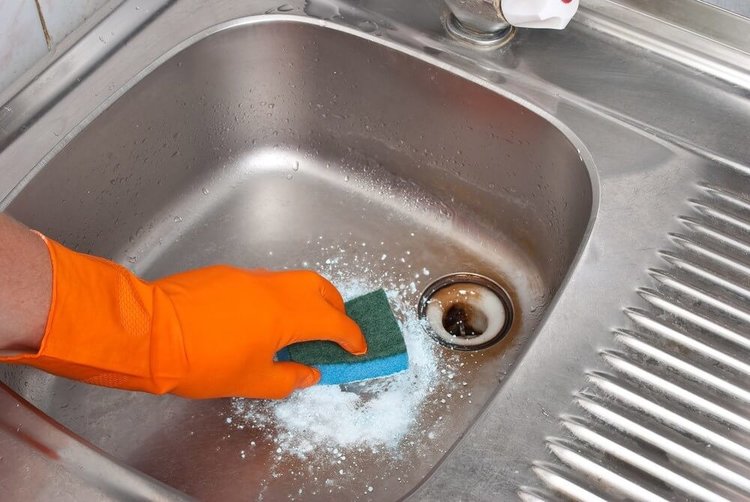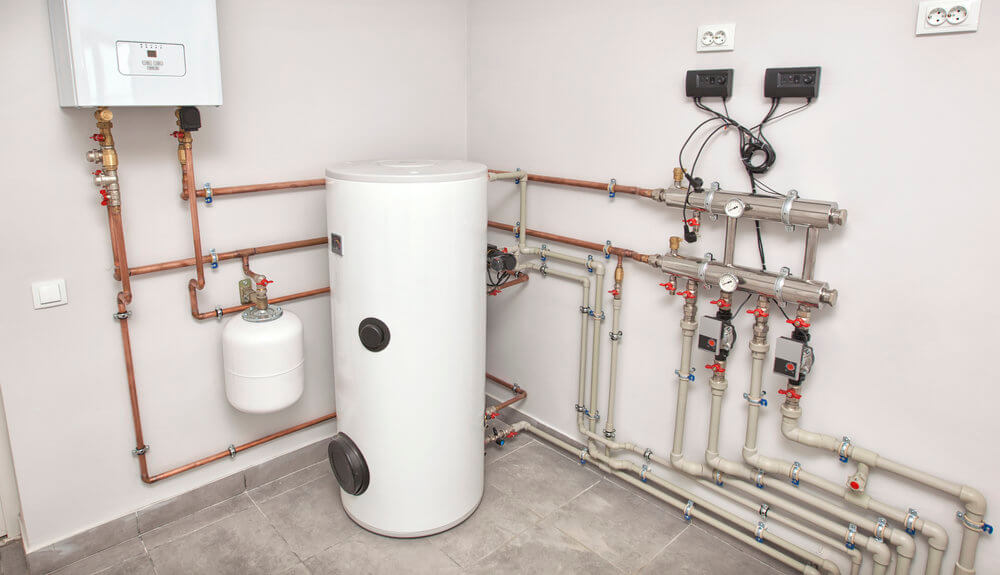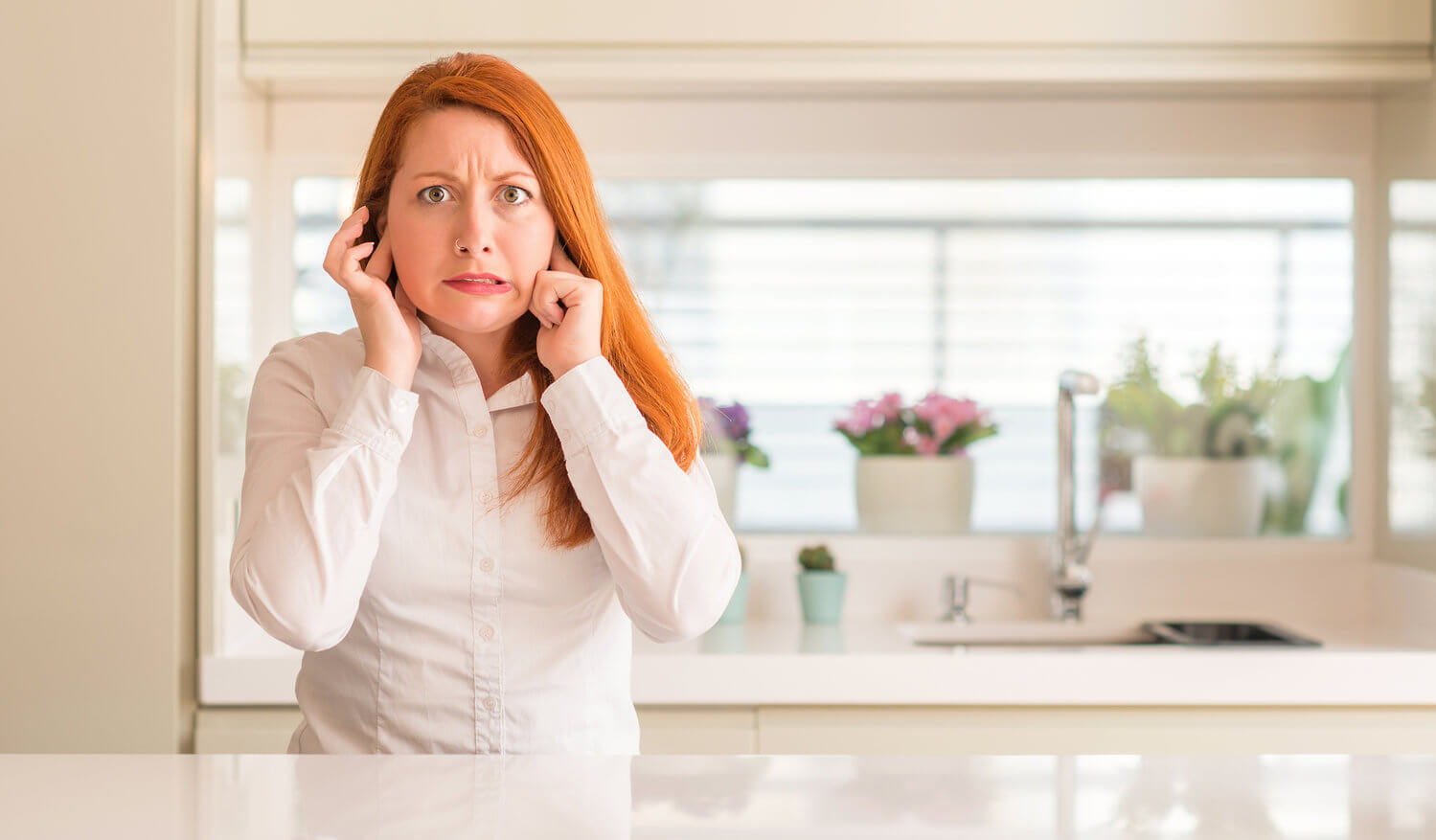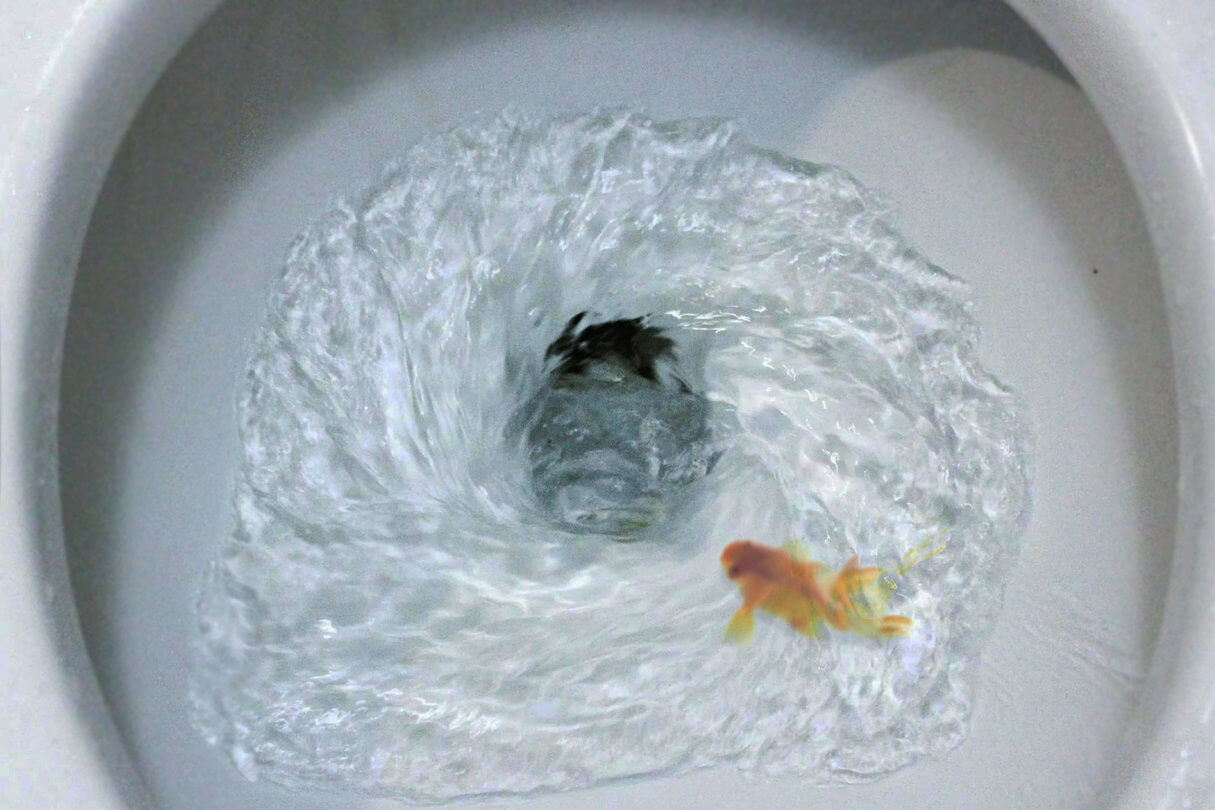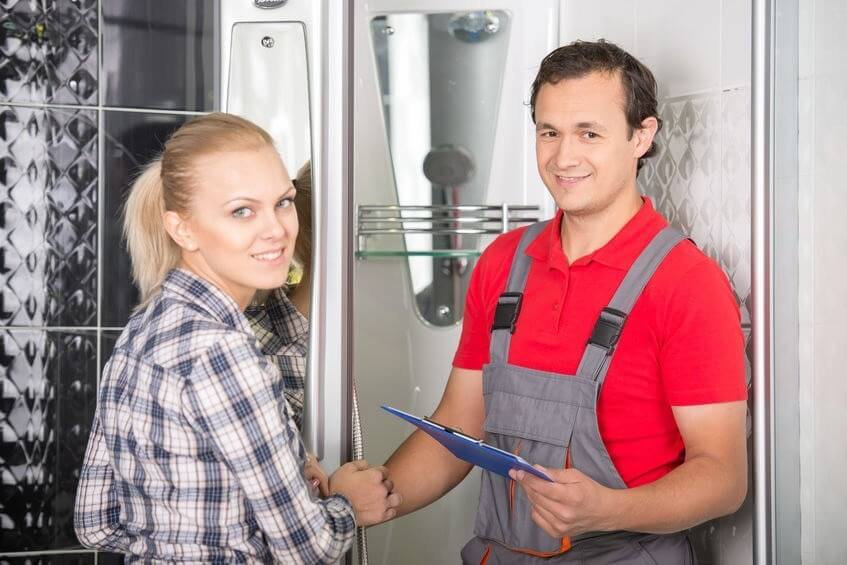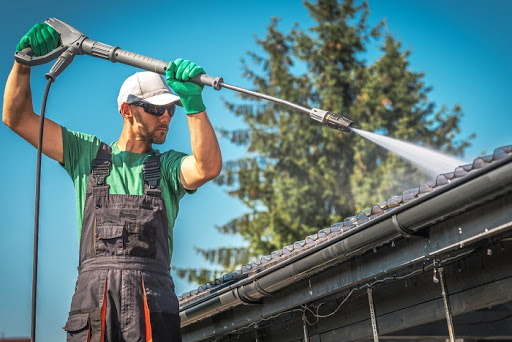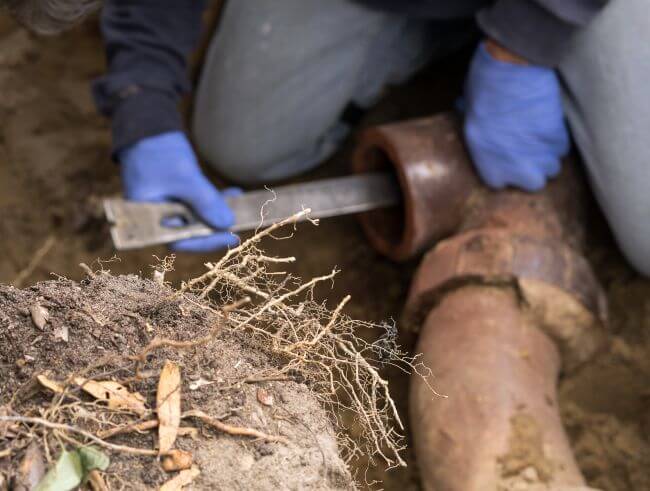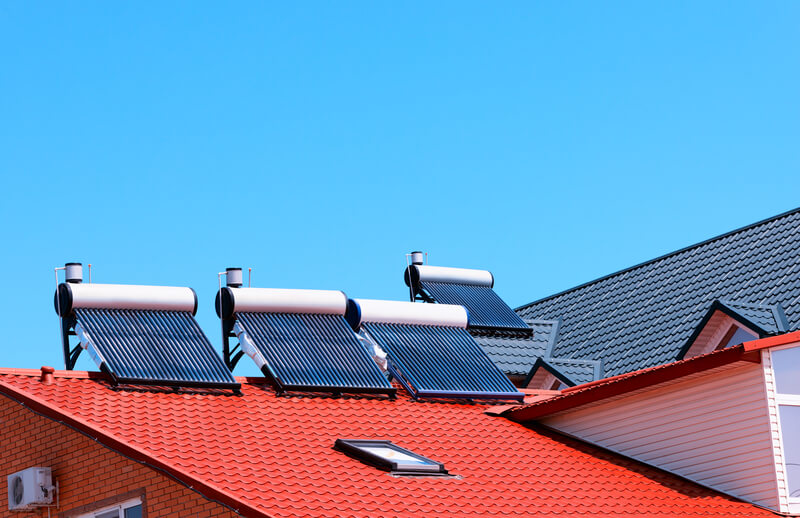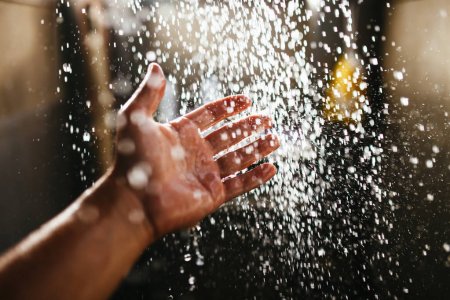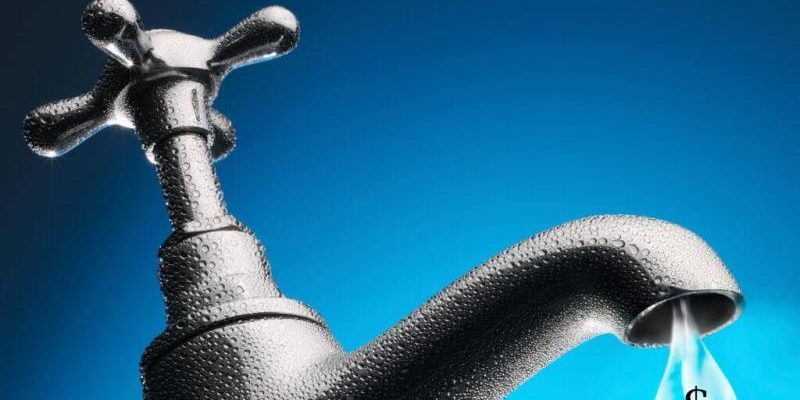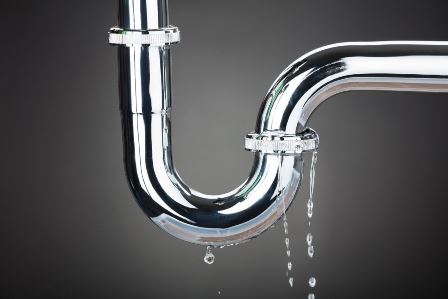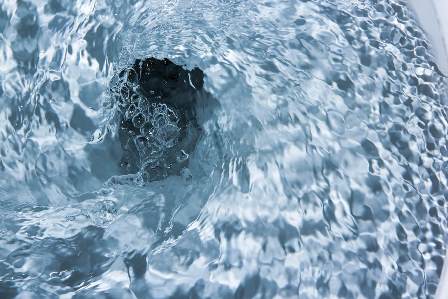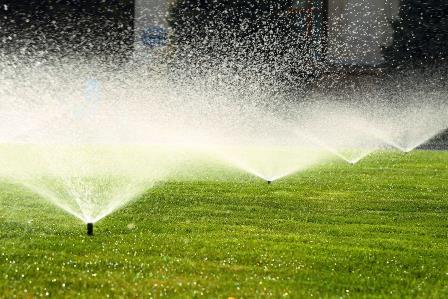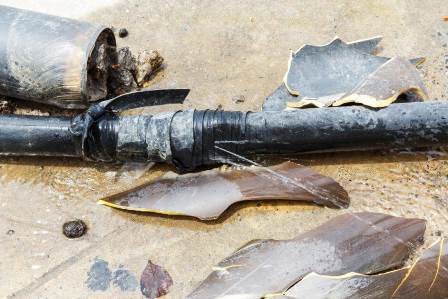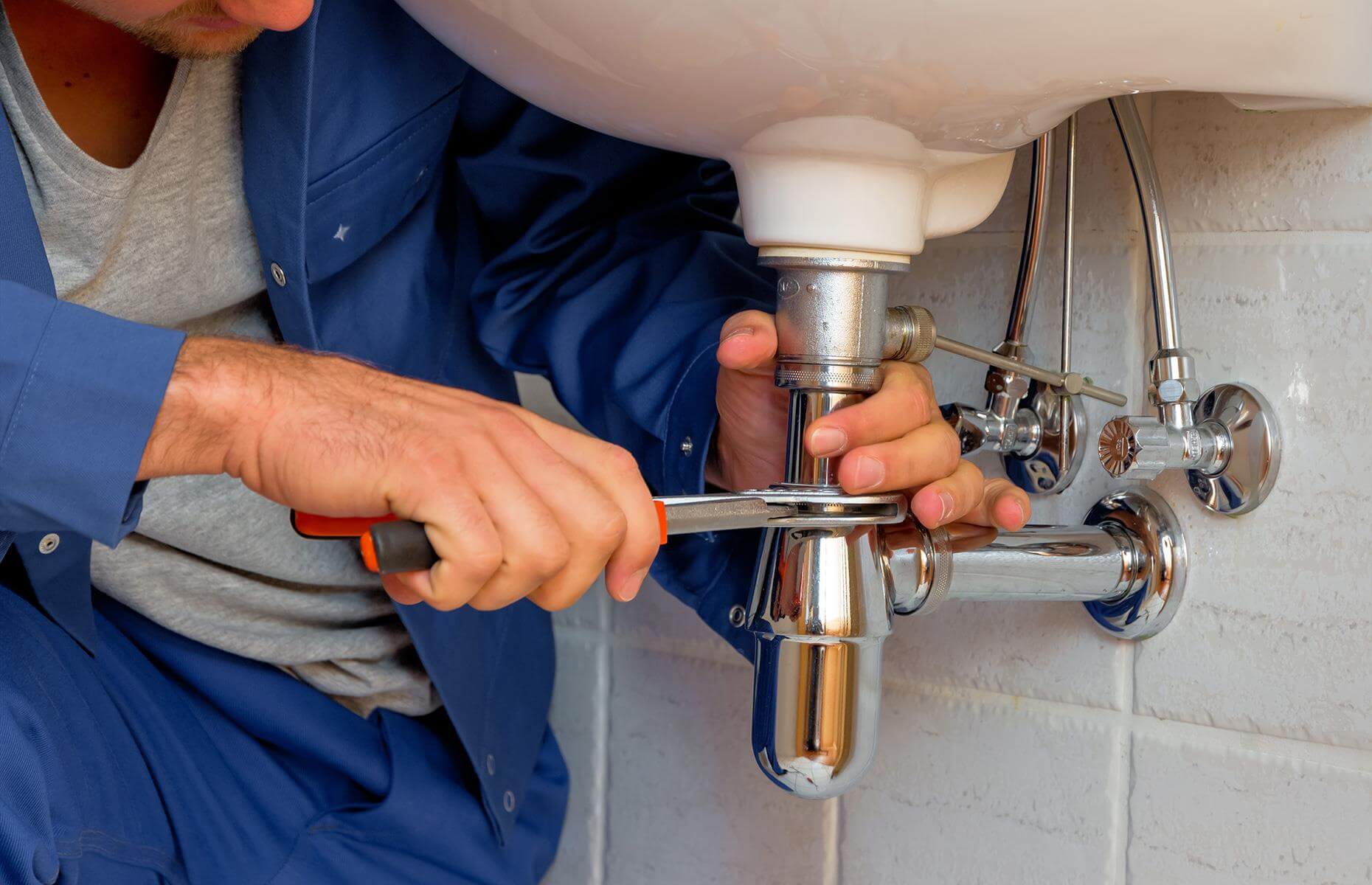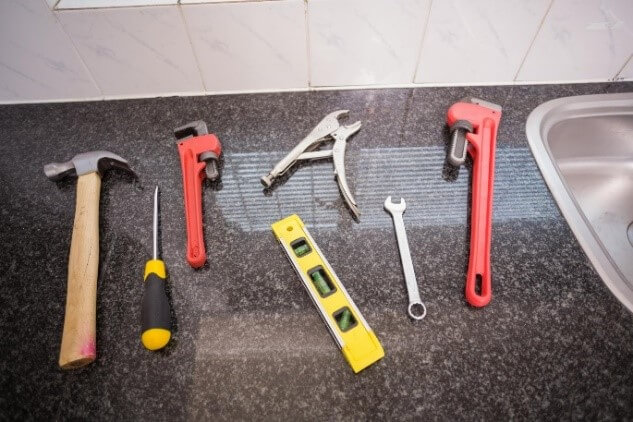
Have you thought about what to do if there’s a plumbing emergency and professional plumber has not yet arrived? If you are planning to do basic plumbing first-aid, make sure you have the necessary tools and you know how to use them. As a homeowner or a small business owner, having your basic plumbing tools at hand and in a place where you can easily access them is a necessity to save your plumbing until a licensed plumber arrives.
Cup Plunger & Flange Plunger
The cup plunger is one of the most basic plumbing tools found in every household. It is good for unclogging sinks, shower drains and bathtubs but not necessarily toilets since a cup plunger on works in a flat surface. For toilets, it’s best to use a flange plunger with its rubber flap specifically designed to fit the hole in the toilet creating a perfect seal when applying pressure. A plunger works through suction and pressure. The rubber cup seals the drain and then the handle is moved up and down to create pressure which can dislodge clogged sinks, shower drains, bathtubs and toilets.
Pliers
Pliers are helpful when you need to lock or unscrew nuts and bolts in small and hard-to-reach spaces. Made from steel, pliers have adjustable jaws that can lock into place, securing the nut or the bolt that needs adjustment. It has a rubber handgrip to make it more comfortable when exerting too much effort to tighten or unscrew nuts and bolts such as in securing pipes, gas lines, hot water systems and the likes. Pliers are is also a multi-functional tool which can be used as pliers, wrenches or clamps not only for plumbing use but also for electrical maintenance and furniture repair.
Stubby Screwdriver
A stubby screwdriver with interchangeable blade tips works wonders whenever you need to tighten or loosen small screws usually used to secure parts or connect things. Having regular or ratcheting screwdrivers is always handy when responding to plumbing problems especially if we are not familiar if whether access to our plumbing fixtures has small screws placed on them as safety precautions. Using a stubby screwdriver is also most convenient when trying to reach small places within gaps or spaces that a drill or a long screwdriver cannot reach.
Plumber’s Tape
A plumber’s tape or Teflon tape is a sealing tape designed to prevent leaks since it fits on small crevices when it stretches over the connecting pipes. Alternatively, it has also become the number one first aid to leaking pipes and fixtures especially since it can withstand high and low water pressure passing through the pipes. A plumber’s tape is used when there’s no built-in rubber seal or if the rubber needs to be replaced for more secure pipe connections. And since a plumber’s tape is made from Teflon, it also makes it easier when the time comes to disassemble pipes since the threads allow for smooth movement between joints.
Gloves & Goggles
Always wear gloves and goggles when performing plumbing first-aid since you do not know if the problem will worsen and you might get hit with water in your eyes or leave with gas in your hands. Wearing a simple worker’s goggles and gloves will do when inspecting your plumbing for problems and applying first aid. The gloves will also help you better grip the pipes and the fixtures if they are already wet and slippery.
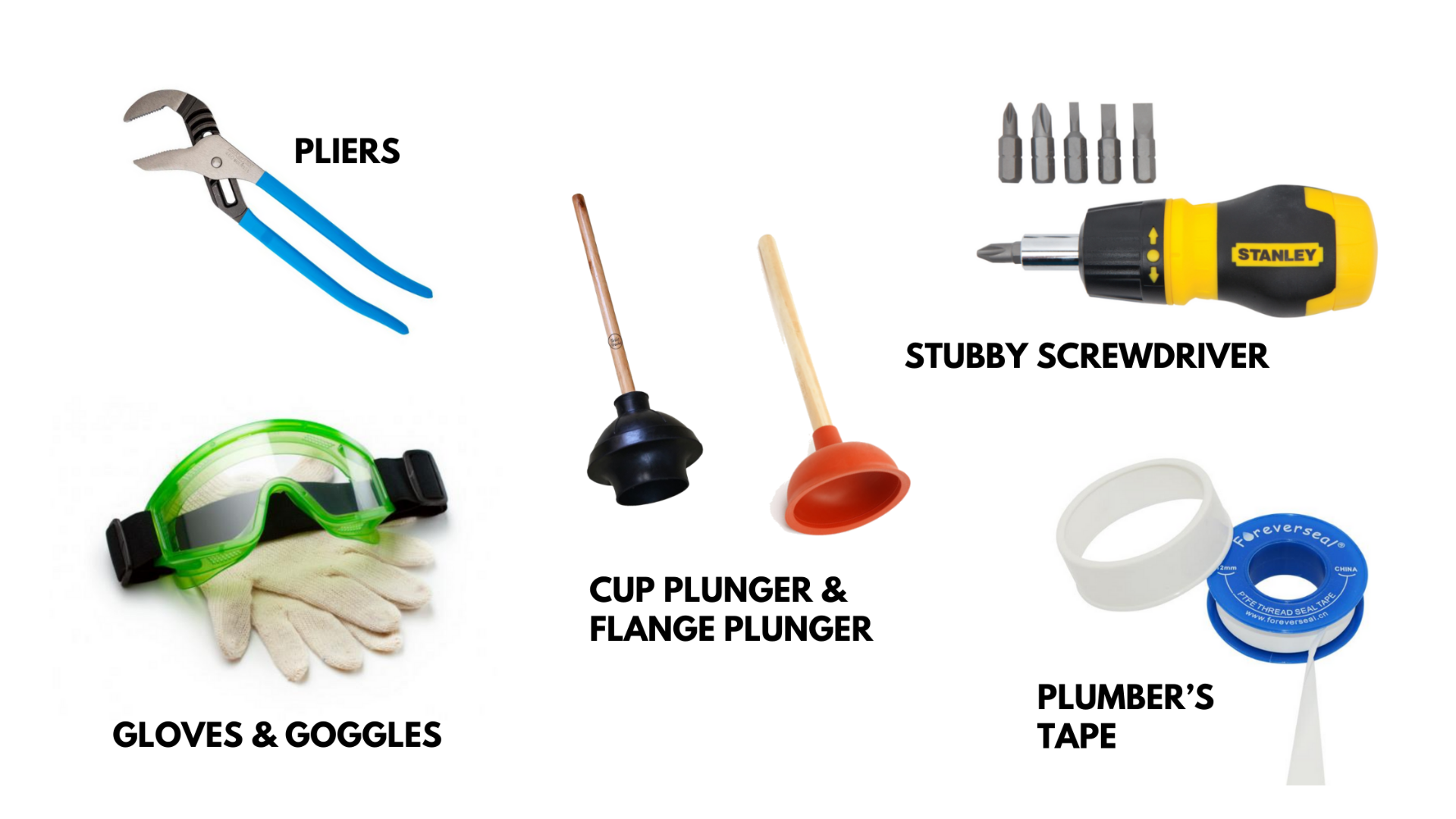
After you have applied first-aid, make sure to call a professional plumber to have your plumbing inspected and your work checked for further improvements or to apply more permanent solutions for safety reasons or to get your plumbing back in excellent working condition. Before you keep your tools, make sure to apply proper maintenance so that the tools can stay in good shape until you next use them. Doing this increase the guarantee for safe and effective use which is very important for plumbing.
At The Plumbing and Gas Guys, all our projects are completed by fully qualified plumbers and gas technicians; with the work, certified, and the required paperwork submitted to the governing bodies. Our vans are fully stocked with all the required parts, tools and equipment needed to rectify your gas or plumbing situation efficiently. We also have 24-hour emergency plumbers available at any time for all plumbing emergencies.
Phone us on 1800 087 244 or send us an email. We have 24/7 customer service ready to assist you for enquiries, for scheduling work, or for completing your purchase.

